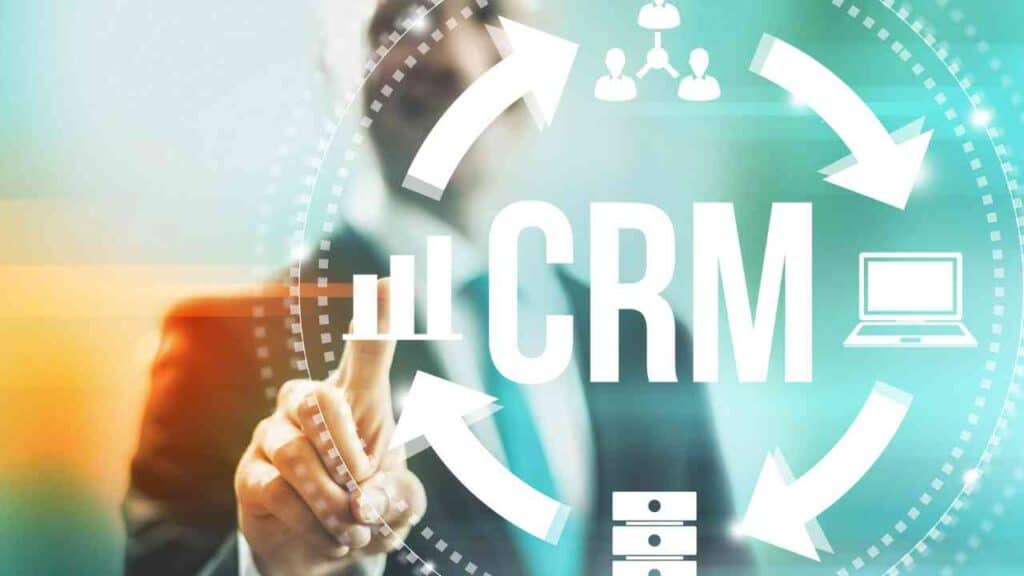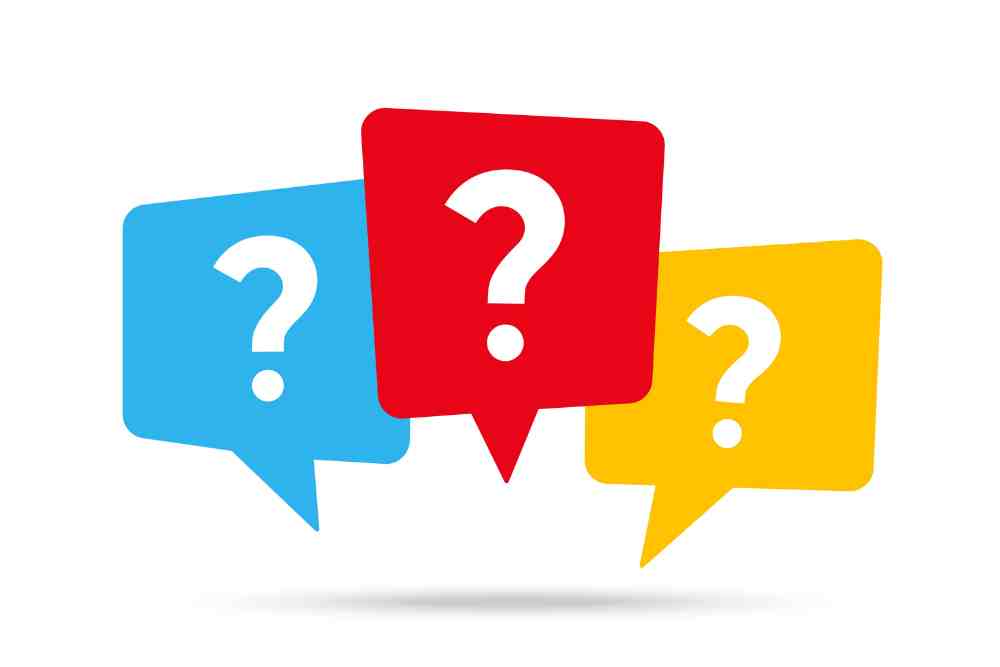The Benefits of Using CRM to Target Clients

Customer Relationship Management (CRM) is a powerful tool that can revolutionize the way businesses interact with their clients. By utilizing CRM software, businesses can streamline their sales and marketing efforts, improve customer satisfaction, and ultimately increase their bottom line. In this article, we will explore the numerous benefits of using CRM to target clients and how it can help businesses achieve their goals.
1. Improved Customer Data Management
One of the primary benefits of using CRM is the ability to effectively manage customer data. CRM software allows businesses to store and organize customer information in a centralized database, making it easily accessible to all relevant team members. This eliminates the need for manual data entry and reduces the risk of data duplication or loss.
With CRM, businesses can track and record customer interactions, including emails, phone calls, and meetings. This comprehensive view of customer history enables businesses to better understand their clients’ needs and preferences, allowing them to tailor their marketing and sales efforts accordingly.
For example, a marketing team can use CRM data to segment their client base and create targeted email campaigns. By analyzing customer behavior and preferences, they can send personalized offers and recommendations, increasing the chances of conversion and customer satisfaction.
2. Enhanced Sales and Marketing Efforts
CRM software provides businesses with valuable insights into their sales and marketing efforts. By tracking customer interactions and analyzing data, businesses can identify trends, patterns, and opportunities for improvement.
For instance, CRM can help businesses identify their most profitable customer segments, allowing them to focus their marketing efforts on those specific groups. By understanding the characteristics and preferences of these segments, businesses can create targeted marketing campaigns that resonate with their target audience.
Furthermore, CRM can help businesses track the effectiveness of their marketing campaigns by measuring key performance indicators (KPIs) such as conversion rates, customer acquisition costs, and customer lifetime value. This data allows businesses to optimize their marketing strategies and allocate resources more effectively.
3. Improved Customer Service and Satisfaction
CRM software can significantly improve customer service and satisfaction by providing businesses with a holistic view of their clients. With access to customer history, preferences, and previous interactions, businesses can provide personalized and efficient customer support.
For example, when a customer contacts a support representative, the representative can quickly access the customer’s information and address their concerns more effectively. This personalized approach not only saves time but also enhances the customer experience, leading to increased customer satisfaction and loyalty.
CRM also enables businesses to proactively address customer needs and concerns. By analyzing customer data, businesses can identify potential issues or opportunities for upselling and cross-selling. This proactive approach demonstrates a deep understanding of the customer’s needs and can help businesses build long-term relationships with their clients.
4. Streamlined Collaboration and Communication
CRM software facilitates collaboration and communication among team members, leading to improved efficiency and productivity. With a centralized database, team members can easily access and share customer information, eliminating the need for manual data transfer or searching through multiple systems.
For example, a sales representative can quickly access a customer’s purchase history and preferences before a sales call, allowing them to tailor their pitch and increase the chances of closing a deal. This seamless flow of information ensures that all team members are on the same page and can provide a consistent and personalized experience to clients.
CRM also enables businesses to automate routine tasks, such as data entry, follow-up emails, and appointment scheduling. By automating these tasks, businesses can free up valuable time for their team members to focus on more strategic and revenue-generating activities.
5. Increased Revenue and Business Growth
Ultimately, the use of CRM can lead to increased revenue and business growth. By leveraging customer data and insights, businesses can make informed decisions and optimize their sales and marketing strategies.
For example, by identifying their most profitable customer segments and tailoring their marketing efforts accordingly, businesses can increase their conversion rates and customer acquisition. Additionally, by providing personalized customer experiences and proactive support, businesses can enhance customer satisfaction and loyalty, leading to repeat business and positive word-of-mouth referrals.
According to a study by Nucleus Research, businesses that use CRM software experience an average return on investment (ROI) of $8.71 for every dollar spent. This statistic highlights the significant impact that CRM can have on a business’s bottom line.
Get Your FREE 14-Day Trial and Take Your Business To The Next Level with an All-In-One Sales and Marketing Platform for businesses, agencies and marketers.
CRM is a powerful tool that can revolutionize the way businesses target and interact with their clients. By effectively managing customer data, enhancing sales and marketing efforts, improving customer service and satisfaction, streamlining collaboration and communication, and ultimately increasing revenue and business growth, CRM software provides businesses with a competitive edge in today’s market.
With the numerous benefits that CRM offers, businesses of all sizes and industries can leverage this technology to achieve their goals and stay ahead of the competition. If you’re looking for an all-in-one sales and marketing platform for your small business, agency, or marketing team, consider checking out SaasExpert.ca. Their CRM software is designed to help businesses streamline their operations and maximize their revenue potential.
Learn more about “Strategies for Segmenting Client Information” here.
Frequently Asked Questions about The Benefits of Using CRM to Target Clients

🎯 What Are the Major Benefits of Using CRM to Target Clients?
Ah, the golden question! 🌟 Using CRM to target clients is like having a Swiss Army knife for your business. 🛠️ Here’s why:
Personalization: CRM allows you to craft customized experiences for each client. Imagine walking into a store and everyone knows your name—and your favorite products. That’s CRM for you! 🤩
Efficiency: Automate repetitive tasks and let your team focus on what truly matters: building relationships and closing deals. ⏳
Data-Driven Decisions: With real-time analytics, make decisions that are backed by data, not gut feeling. 📊
Client Retention: It’s easier to sell to an existing client than to a new one. CRM helps you nurture these gold mines. 🤝
Scalability: As your business grows, your CRM grows with you. No need to constantly switch platforms or adapt to new systems. 📈
👀 How Can I Use CRM to Effectively Target High-Value Clients?
Targeting high-value clients? Think of it as going fishing but for the big tuna, not the small fry. 🎣 Your CRM system can help you identify high-value clients based on lifetime value, purchase history, and engagement levels. Once you’ve identified this group, you can direct specialized marketing campaigns or loyalty programs toward them. 🌟 The ROI? Out of this world. 🌌
💌 How Does CRM Help in Sending Targeted Messages?
Ready to take your email game to the next level? 💌 CRM systems often integrate with email marketing platforms, enabling you to create hyper-targeted email campaigns. Imagine sending a dog food coupon to a client who recently browsed pet supplies on your website. Now that’s called hitting the bullseye! 🎯 The targeted messages increase engagement and give your conversion rates a juicy boost! 📈
🧠 Can I Use AI with CRM for Enhanced Client Targeting?
Absolutely! AI + CRM = A Match Made in Heaven. 👼 Machine learning algorithms can analyze massive sets of client data to predict future behavior. Whether it’s a potential upsell, cross-sell, or identifying at-risk clients, AI offers insights that a human just can’t compute. It’s like having a crystal ball, but one that’s backed by data! 🔮
💡 Any Tips for Utilizing CRM to Target Clients in a B2B Scenario?
B2B client targeting is a different beast altogether. 🐉 Here, relationships are long-term and the sales cycles, are longer. Your CRM can help by tracking all interactions across multiple touchpoints, from that first cold email 📧 to the celebratory deal-closure dinner. 🍾 Keep detailed records, schedule timely follow-ups, and nurture the relationship like a pro. The result? A strong, profitable partnership that stands the test of time. 🤝
So there you have it. Utilizing CRM for client targeting is not just a strategy; it’s THE strategy for business success today. 🚀






